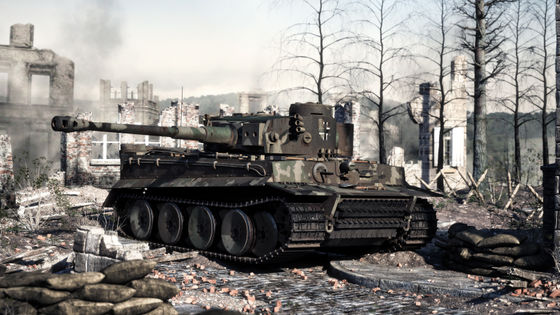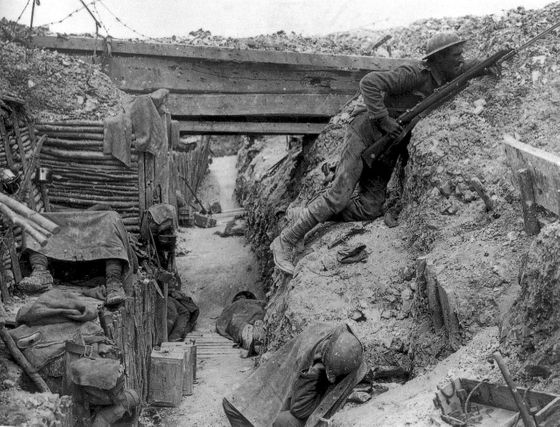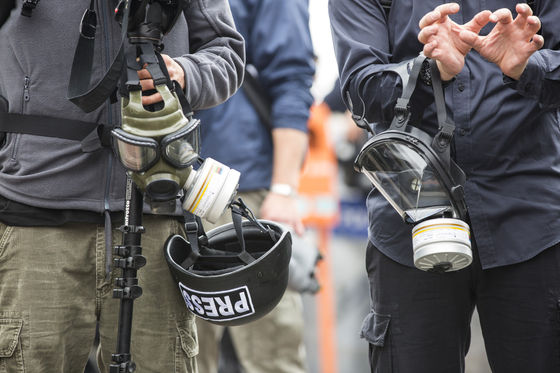Is it because chemical weapons are no longer used because they are 'tactically obsolete'?

Collections: Why Don't We Use Chemical Weapons Anymore? – A Collection of Unmitigated Pedantry
https://acoup.blog/2020/03/20/collections-why-dont-we-use-chemical-weapons-anymore/
At the beginning of the discussion, Devereaux cited the theory that 'due to moral progress' that he was taught in high school as a general interpretation of 'why chemical weapons are no longer used.' In the class at that time, he was told the story that 'as a result of our morality toward chemical weapons,'civilized country' established a moral taboo on biochemical weapons (BC weapons) after consultation.' thing. Regulations on BC weapons are represented by the 'Hague Land War Treaty ' adopted in 1899 and the ' Geneva Protocol' in 1925.
In the class at that time, 'The conclusion of the Treaty on the Prohibition of BC Weapons paved the way for the Treaty on the Prohibition of All kinds of horrific weapons such as land mines, cluster munitions, and nuclear weapons. It is necessary to show moral courage to do so. The success of the BC Weapons Ban Treaty has led to the dream of a world without nuclear weapons. ' The Treaty on the Prohibition of Nuclear Weapons was adopted on July 7, 2017, but it has not been ratified by major G7 powers such as Japan and the United States, as well as China and Russia.
Devereaux cites two 'common counterarguments' to this claim. The first is 'We are not morally advanced, we just do not use it because we cannot be ruthless', and the second is 'We are not morally advanced and use chemical weapons.' It's possible. I just don't use it because there is no war at the moment. I didn't use it in World War II because mutual confirmation destruction was working. '

However, Devereaux pointed out that these arguments lack the important recognition that 'chemical weapons are useless in'modern tactical systems'.'
The modern tactical system was proposed by
Before World War I, the mainstream was 'base battle' as represented by trench warfare , but with the advent of high-powered tanks, the operational idea of blitzkrieg, which crushes enemy bases with overwhelming firepower, has become popular. Appearance. As a result of the development of various weapons and the emphasis on firepower and maneuverability, the tactic of 'holding in a position' has gradually become a thing of the past.

Modern tactical systems have the disadvantage that the cost of training the weapon itself and the soldiers who operate it is high. However, Devereaux argues that the
And Devereaux argues that this modern tactical system is what made chemical weapons obsolete. Devereaux pointed out that the chemical weapon ' Sarin ' used in the 'subway sarin attack ' in Japan killed only 12 people even though it was used in a crowded train. Comparing the lethal doses, sarin was 30 times more powerful than mustard gas, and the train, which is an almost enclosed space, was the best environment for poisonous gas weapons like sarin, but the effect was not great. .. Furthermore, as mentioned above, modern tactical systems are premised on moving outdoors, so poisonous gas weapons are likely to be even less effective in combat.
Devereaux cites 'expiration date' and 'easy defense' as other reasons why chemical weapons are no longer used. According to Devereaux, poisonous gas weapons such as mustard gas are very expensive and have a very short expiration date, making them difficult to operate. In addition, gas masks that prevent poisonous gas weapons are now sold for about $ 270 (about 30,000 yen), and considering that one rifle costs $ 700 (about 77,000 yen), it prevents poisonous gas attacks. The cost is 'quite cheap'. For these reasons, Devereaux commented, 'It's more effective to use a ton of explosives than to use a ton of chemical weapons.'

'Cluster munitions and land mines continue to remain on the ground and cause damage to civilians, but they are still expected to be used and may be used in the future,' said Devereaux. Countries that have not ratified international treaties, such as the banned Oslo Treaty and the Ottawa Treaty banning land mines, are no longer using chemical weapons, but are reducing their stock of chemical weapons. We recognize that chemical weapons are no longer worth using. '
Related Posts:
in Note, Posted by darkhorse_log







